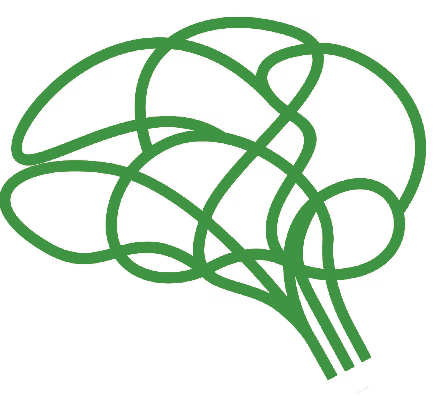
Understanding Headaches & Migraines
Headaches and migraines are common neurological conditions that can cause significant discomfort and impact daily activities. While both can cause head pain, they differ in severity, symptoms, and triggers. Proper diagnosis is essential to ensure effective management and relief.
Headaches
Headaches are characterized by pain or discomfort in the head, often caused by stress, muscle tension, dehydration, or other external factors. The pain can vary in intensity and duration, from mild pressure to severe throbbing, lasting anywhere from minutes to several days.
Migraines
Migraines are a more severe type of headache, typically presenting as intense, throbbing pain on one side of the head. They often come with additional symptoms, such as nausea, vomiting, and heightened sensitivity to light and sound. Migraines can last for hours or even days and are often triggered by stress, hormonal changes, dietary factors, or environmental influences.
Types of Headaches and Their Symptoms
Headaches and migraines are common neurological conditions that can cause significant discomfort and impact daily activities. While both can cause head pain, they differ in severity, symptoms, and triggers. Proper diagnosis is essential to ensure effective management and relief.
Our Approach to Headache & Migraine
At Neuroscience Specialty Centers (NSC), we take a patient-centered, multidisciplinary approach to diagnosing and treating headaches and migraines. Our goal is to identify the root causes of symptoms and develop personalized treatment plans that provide lasting relief. Through advanced diagnostics, evidence-based treatments, and innovative therapies, we empower patients to take control of their headache health and improve their quality of life.
Comprehensive Diagnostics
Personalized Treatment & Therapy Plans
Ongoing Management & Prevention
We focus on migraine prevention with ongoing care, follow-ups, and patient education to ensure lasting headache relief and better quality of life.
1. Comprehensive Patient-Provider Conversation
Our care begins with an in-depth discussion of your symptoms and medical history to tailor a treatment plan suited to your unique needs.
2. Diagnostic Testing
Unlike structural injuries, concussions are functional injuries, meaning MRIs and CT scans alone are not sufficient for diagnosis. We utilize state-of-the-art diagnostic tools to assess cognitive, vestibular, ocular motor, and emotional function.
3. Personalized Treatment & Therapy
Every concussion is different. Our multidisciplinary approach ensures that patients receive specialized care from at least two of our experts to address their specific needs and maximize recovery.
Diagnostic Testing: Understand the Root Cause
Proper diagnosis is key to effective headache and migraine management. At Neuroscience Specialty Centers, we take a comprehensive approach, using cutting-edge diagnostic tools and personalized treatment plans to address the root causes of your symptoms.
MRI and CT: scan to rule out any kind of structural abnormality (tumor, stroke, bleed).
Electroencephalography (EEG): looks at brain waves to determine if there is any evidence of abnormal electrical discharges in the brain to suggest a seizure tendency, slow brain activity, or any specific areas of abnormal brain activity.
Physical exams: allow for providers to evaluate for possible issues like neck or muscle involvement that could lead to the headache.
Headache & Migraine Advanced Therapy
There are many different approaches to medication and ways to manage headaches.
Depending on the cause of the symptoms, medications may be used only as needed, as a daily preventative, or even in monthly or quarterly injections/infusions for management.
Some people benefit greatly from identifying and modifying influencing factors that trigger their headaches.
Certain changes in diets, exercise, or daily activities can lessen and in some cases, resolve headache symptoms altogether.
An area of recent research, biofeedback/neuromodulation devices are thought to work on certain neural pathways that may interfere with or better manage some of the areas in the brain that cause or trigger the headaches.
Certain types of headaches, like tension-type headaches, can be helped with understanding the underlying cause of muscle strain or tension causing symptoms.
Patients can benefit from physical therapy to correct certain issues or strengthen weak areas. Massage can also help to relieve tension and soreness that may be associated with headache symptoms.




